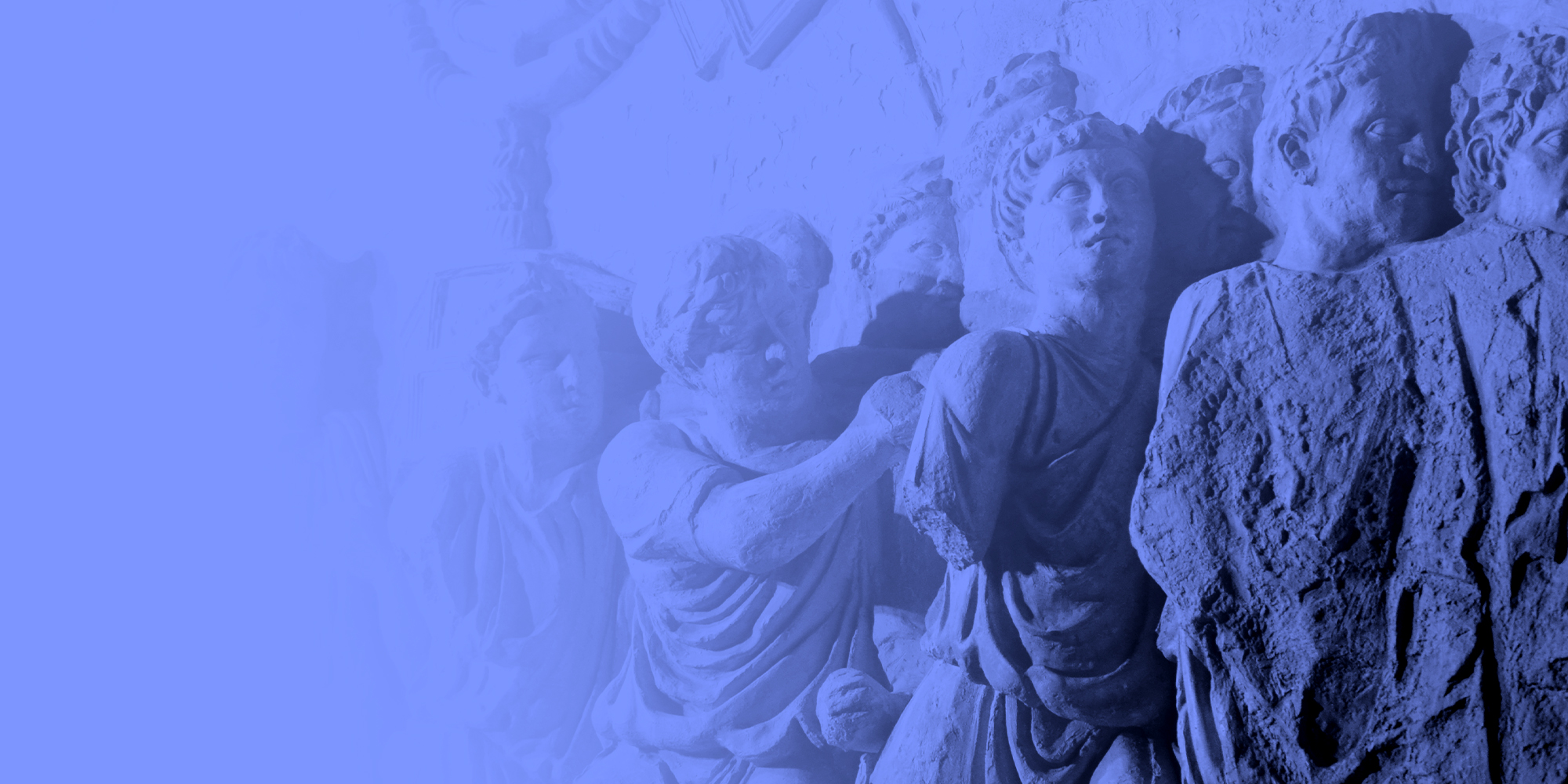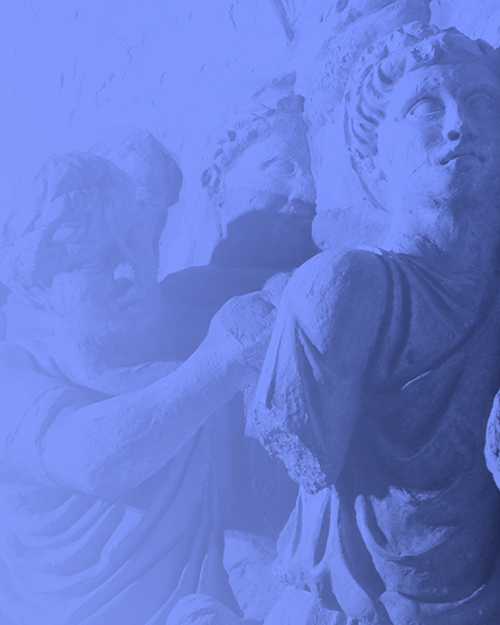What Is Jewish Peoplehood, and Why Should We Care?
What is Jewish peoplehood? In a world that is increasingly international in its scope,…

In a world where globalization is the new norm, the notion of peoplehood has lost its former clarity. While on the one hand, the lines demarcating the identities of large groups of people have blurred, Jewish people still face anti-Semitism, the ultimate unifying force. The Jewish nation, numbering in the millions, is sizable when conceiving…
What is Jewish peoplehood? In a world that is increasingly international in its scope,…

The first memory I have of being conscious of being Jewish was on…

How can one person love a whole nation? And how can the love…

In this episode of the 18Forty Podcast, we sit down with Rav Aaron Lopiansky, Rosh HaYeshiva of the Yeshiva of Greater Washington, to talk about the challenges facing American Orthodoxy, life-long education, and value education.
In this episode of the 18Forty Podcast, we sit down with Rav Aaron Lopiansky, Rosh HaYeshiva of the…
In this episode of the 18Forty Podcast, we sit down with Laura E. Adkins, the JTA’s opinion editor…
In this episode of the 18Forty Podcast, we sit down with conservative journalist and cultural commentator, Bethany S.…
In this episode of the 18Forty Podcast, we sit down with Professor of Journalism at Columbia and author,…
Originally written as a wedding gift for his son and daughter-in-law, A Letter in the Scroll stands as one of the foremost love letters to Jewish ideas and identity of this millenium. Rabbi Jonathan Sacks, the rabbi and thinker we all love to love, wrote this book to deal with two mysteries – the mystery of Jewish survival and success, as well as the mystery of Jewish confusion – why are Jews so conflicted about their own achievements? Why the “demoralization at the heart of contemporary Jewish identity”? As we all know, there is no one better poised to answer these questions than Rabbi Jonathan Sacks.
What is Judaism, and who are the Jewish people? Are the Jews a tribe, ethnicity, race, nationality, or religious group? None, all, depends? Batnitzky places the tension between the public, communal nature of Jewish religion and the private, individual nature of Protestantism at the heart of her book. Along the road to answer these questions, she presents an erudite, if at times dry, perspective on the major thinkers and thought systems of the (Jewish) modern era. How Judaism Became a Religion dives into the core questions of Jewish peoplehood courageously, if at times controversially, and it is sure to get you thinking.
Jew vs. Jew is a deeply researched testimony to the ways broad issues pull apart Jewish communities in the particular. From a zoning debate in Cleveland to a liturgy war in Los Angeles, Freedman’s Jew vs. Jew is a masterclass in seeing the forest in the trees. Freedman’s insight is honest, judicial, and perhaps even loving. His fidelity is to the ideas that drive change, the values that are revealed by debate, and the community made up of it all. How do the macro debates of American Judaism manifest on a micro level – in shuls, communities, and homes? Read Jew vs. Jew to find out.
Support Jewish explorations today by supporting 18Forty. Your partnership makes our work possible.
Donate today.
